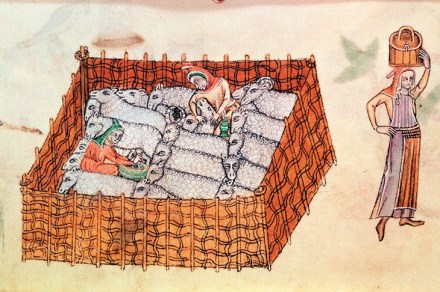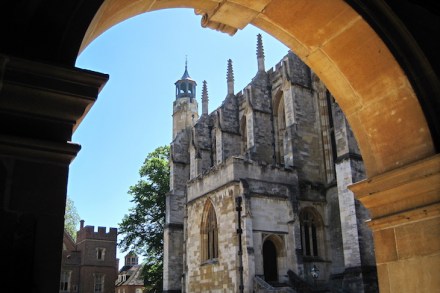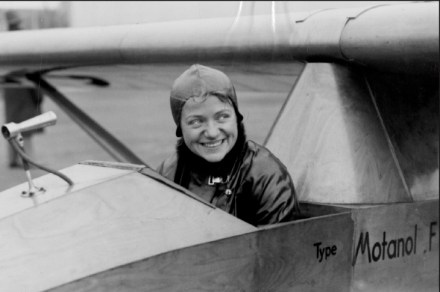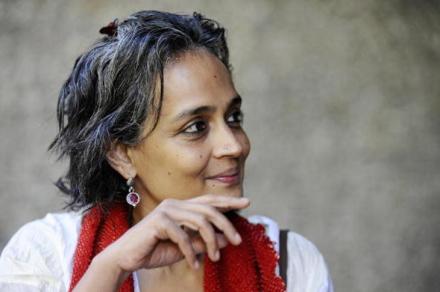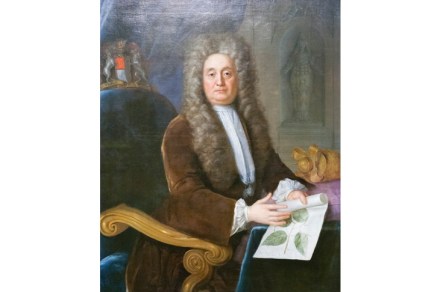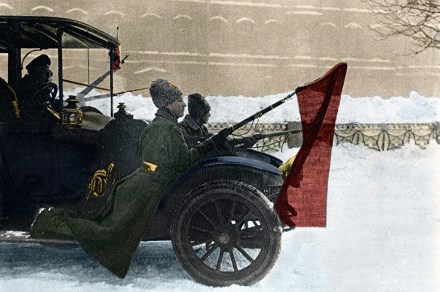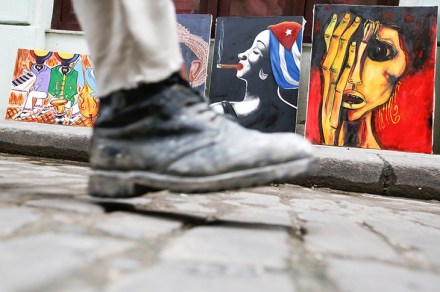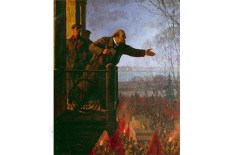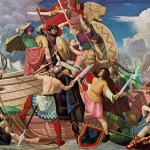Wool, wheat and wet weather
Englishness is big business in the nation of shopkeepers, and not just in politics and tourism. In literature, the gypsy scholars of Clan Macfarlane range freely across the hills and lexicons in search of old England, the dying and undead. This paperchase confirms that a change in the self-image of the English is afoot too. For centuries, the English poured into their cities. Now, they are trickling back out to the countryside. London excites precisely because it is another country, from a future that at least 54.8 per cent of the English prefer not to live in. But what does the returnee know of England who only London knows? In
